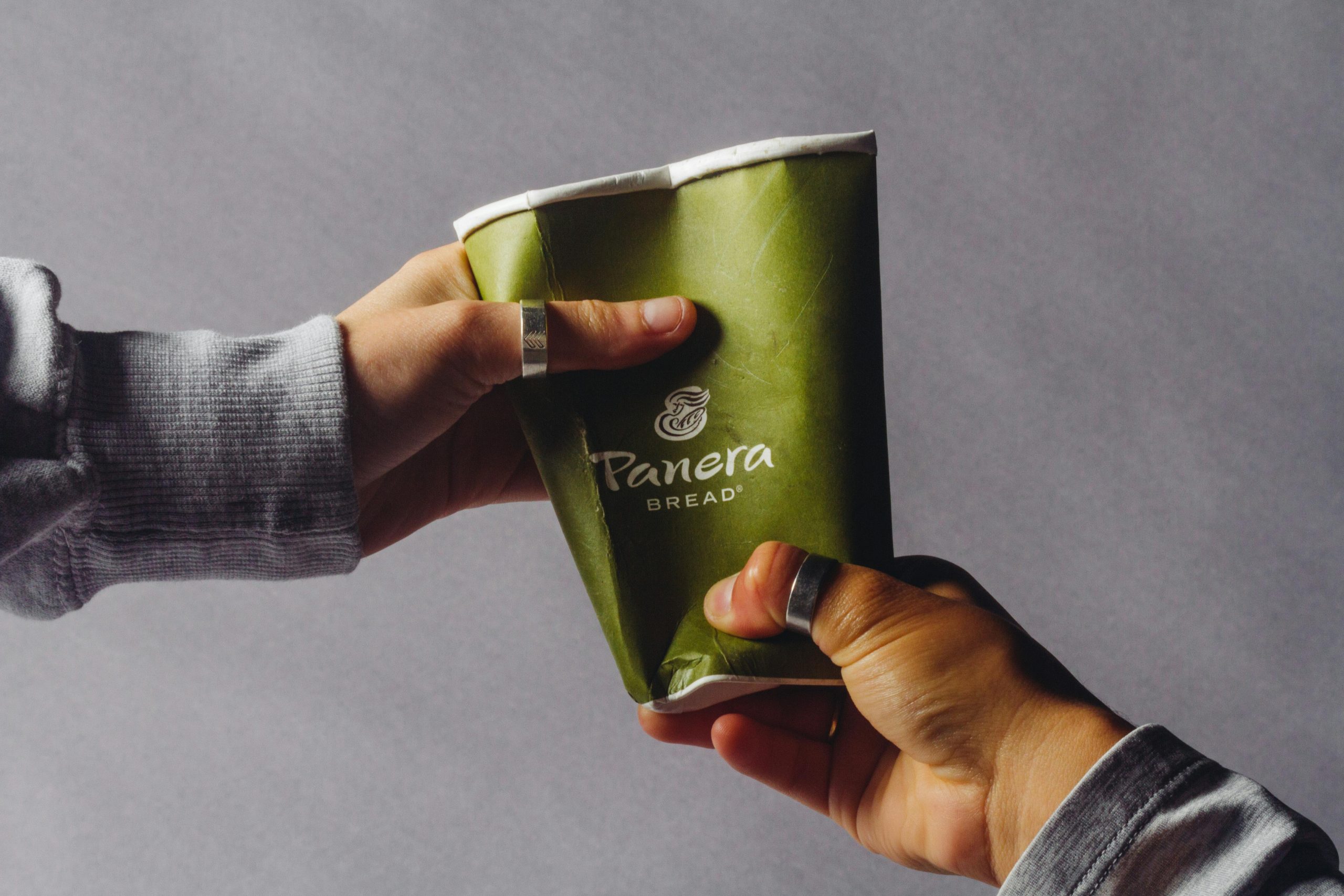The terms “fresh,” “natural,” and “clean” are powerful marketing words in the restaurant industry. Diners are increasingly seeking out food they perceive as wholesome and honestly prepared. Many restaurant chains have built entire brands around these claims. However, sometimes these marketing promises clash with the reality of their ingredients or preparation methods, leading to consumer lawsuits. These lawsuits often allege false advertising or deceptive practices. Here is a look at six well-known restaurant chains that have faced lawsuits over their ingredient claims.

Image Source: pexels.com
1. Panera Bread: The “Clean” Food Controversy
Panera Bread built its brand on the promise of “100% clean” food, free from artificial preservatives, sweeteners, flavors, and colors. However, they have faced multiple lawsuits challenging this claim. One notable lawsuit alleged that their products contained the synthetic chemical glyphosate, the active ingredient in Roundup weedkiller. Another lawsuit argued that some ingredients, like ascorbic acid and tocopherols, function as preservatives, contradicting the “no artificial preservatives” claim. These suits highlight the difficulty in defining and defending a broad marketing term like “clean.”
2. Subway: The “100% Tuna” Lawsuit
Subway faced a high-profile class-action lawsuit that initially, and very dramatically, claimed their tuna sandwiches contained no tuna at all. The lawsuit was later amended to allege that the product was not “100% skipjack and yellowfin tuna” because it contained other fish DNA or animal products like chicken and pork DNA. Subway vigorously denied these claims, asserting its tuna is 100% wild-caught tuna. While the case was eventually dismissed by the plaintiff, it sparked a global conversation about food composition, testing methods, and the challenge of preventing cross-contamination in a busy kitchen.
3. Buffalo Wild Wings: The “Boneless Wings” Debate
A lawsuit filed against Buffalo Wild Wings argued that their “boneless wings” are deceptively named because they are not, in fact, deboned chicken wings. The suit contended that the product is simply slices of chicken breast meat fried like wings, making them more akin to chicken nuggets. The plaintiff argued that had he known, he would not have purchased them or would have paid less. Buffalo Wild Wings responded with humor on social media, but the case highlights a debate over whether a common food name should reflect its literal anatomical origin.
4. TGI Fridays: The Case of the Potato Skins Snacks

Image Source: pexels.com
TGI Fridays licenses its name for a line of packaged snacks, including “Potato Skins Snacks.” A class-action lawsuit was filed alleging that these snacks are deceptive because they do not contain any actual potato skins. The ingredient list showed they were made from potato flakes and potato starch. The lawsuit argued that the company was capitalizing on the perception that potato skins are a healthier snack. The case demonstrates how branding from a restaurant can be scrutinized when applied to packaged goods with different ingredients.
5. Panera Bread (Again): The “Charged Lemonade” Lawsuits
In a different set of tragic lawsuits, Panera faced legal action over its “Charged Lemonade.” The suits alleged the company failed to adequately warn consumers about the extremely high caffeine content in the beverage, which also contained other stimulants. The plaintiffs linked consumption of the drink to severe health issues and, in two cases, death. Panera’s marketing presented the drink alongside other “clean” lemonades and teas, without initially labeling it as an “energy drink.” This case raises critical questions about transparency and responsibility in marketing highly caffeinated products.
6. Jamba Juice: The “Whole Fruit” Smoothies Lawsuit
Jamba Juice faced a lawsuit alleging that its marketing of “whole fruit and vegetable smoothies” was deceptive. The suit, backed by the Center for Science in the Public Interest, claimed that many smoothies were primarily made from cheaper pear and white grape juice concentrates, not the whole fruits (like mangoes or passion fruit) advertised on the menu boards. The lawsuit argued that consumers were being misled about the true composition and nutritional value of the beverages they were purchasing.
The Scrutiny of Marketing Claims
These lawsuits demonstrate a growing trend of consumer and legal scrutiny over restaurant marketing claims. Words like “fresh,” “clean,” “natural,” or even the name of the dish itself are being held to a higher standard of accuracy. While some lawsuits are dismissed and companies often deny wrongdoing, the cases themselves highlight the tension between appealing marketing language and literal ingredient reality. For consumers, these stories serve as a reminder to be critical of advertising claims and to understand that what’s implied by a menu isn’t always exactly what’s being served. This pushes the industry towards greater transparency.
What are your thoughts on lawsuits over food marketing claims? Do you think they are necessary for holding companies accountable, or often frivolous? Share your perspective below!
Read More
6 Times Restaurants Were Sued for Using Inedible Substitutes in Food
Grocery Chains Sued for Mislabeling: How Trustworthy Are Your Food Labels?

